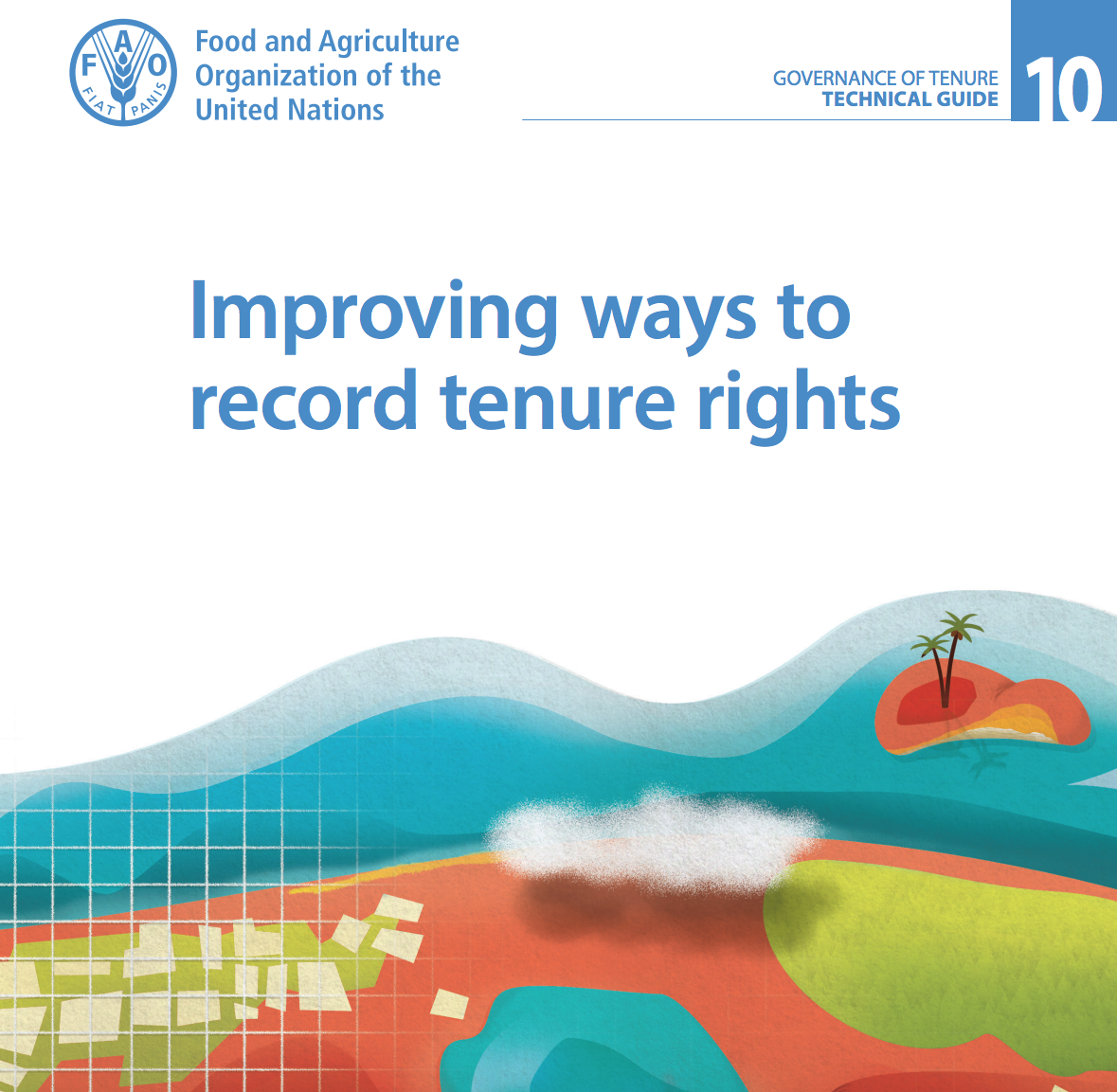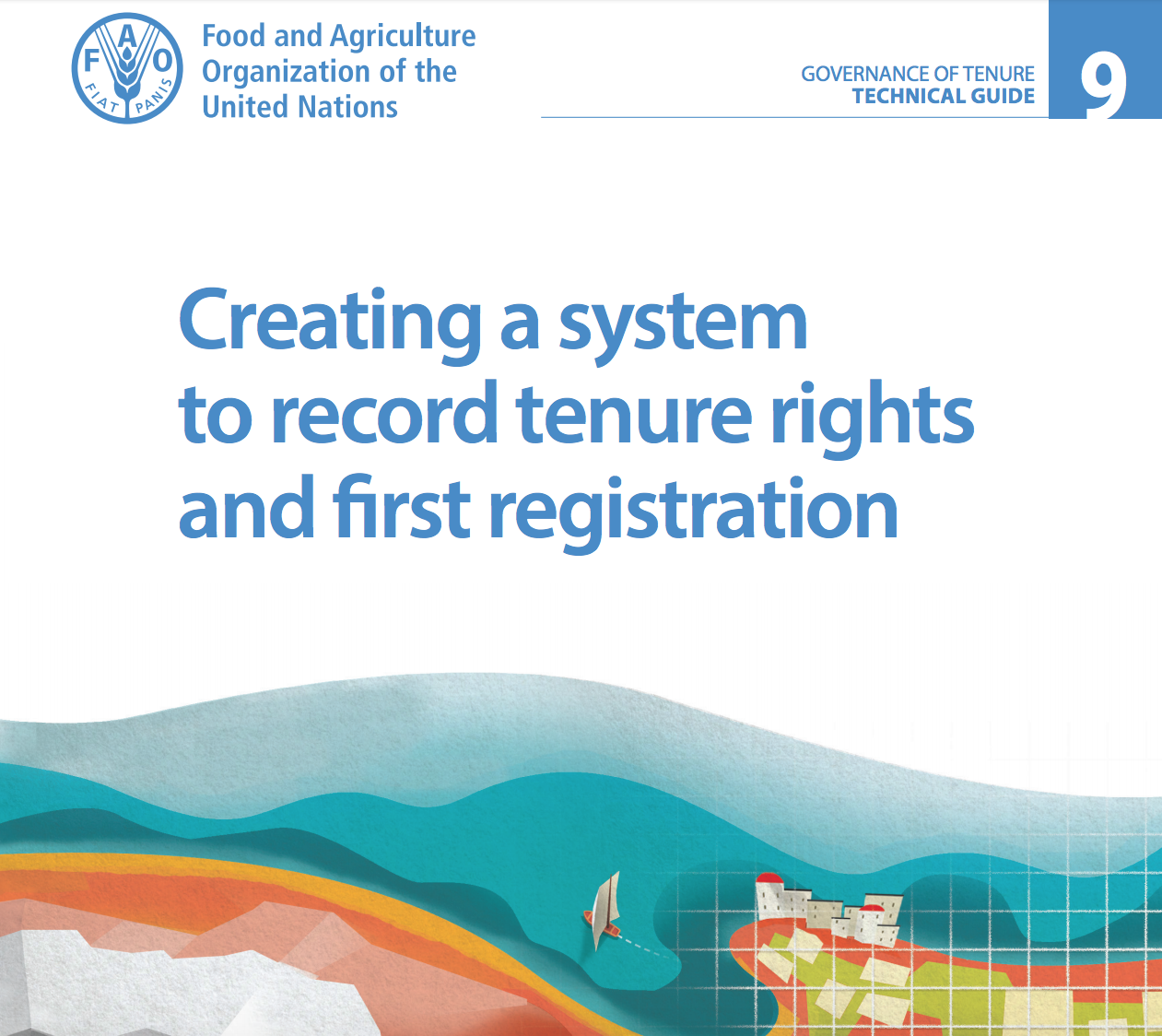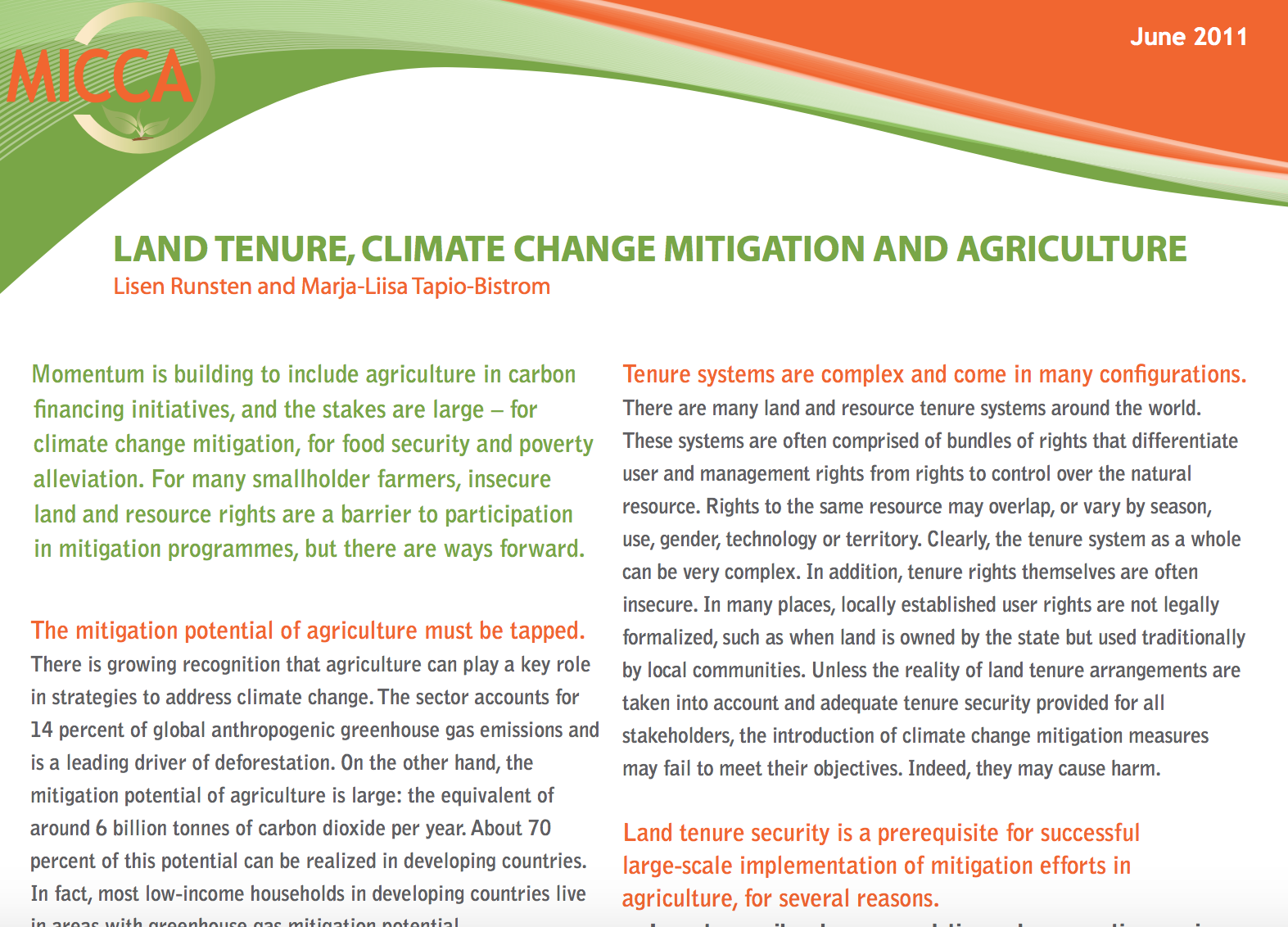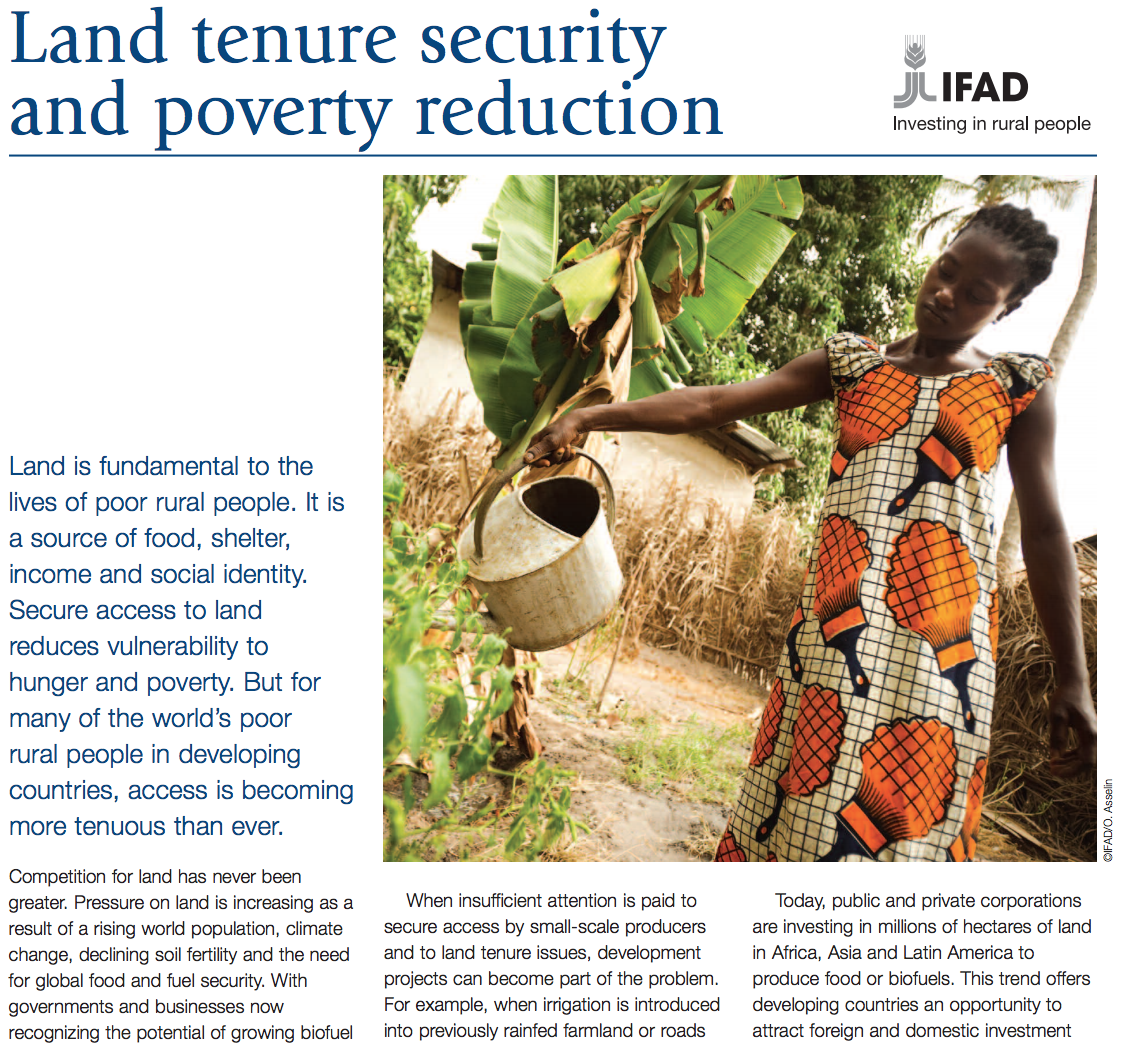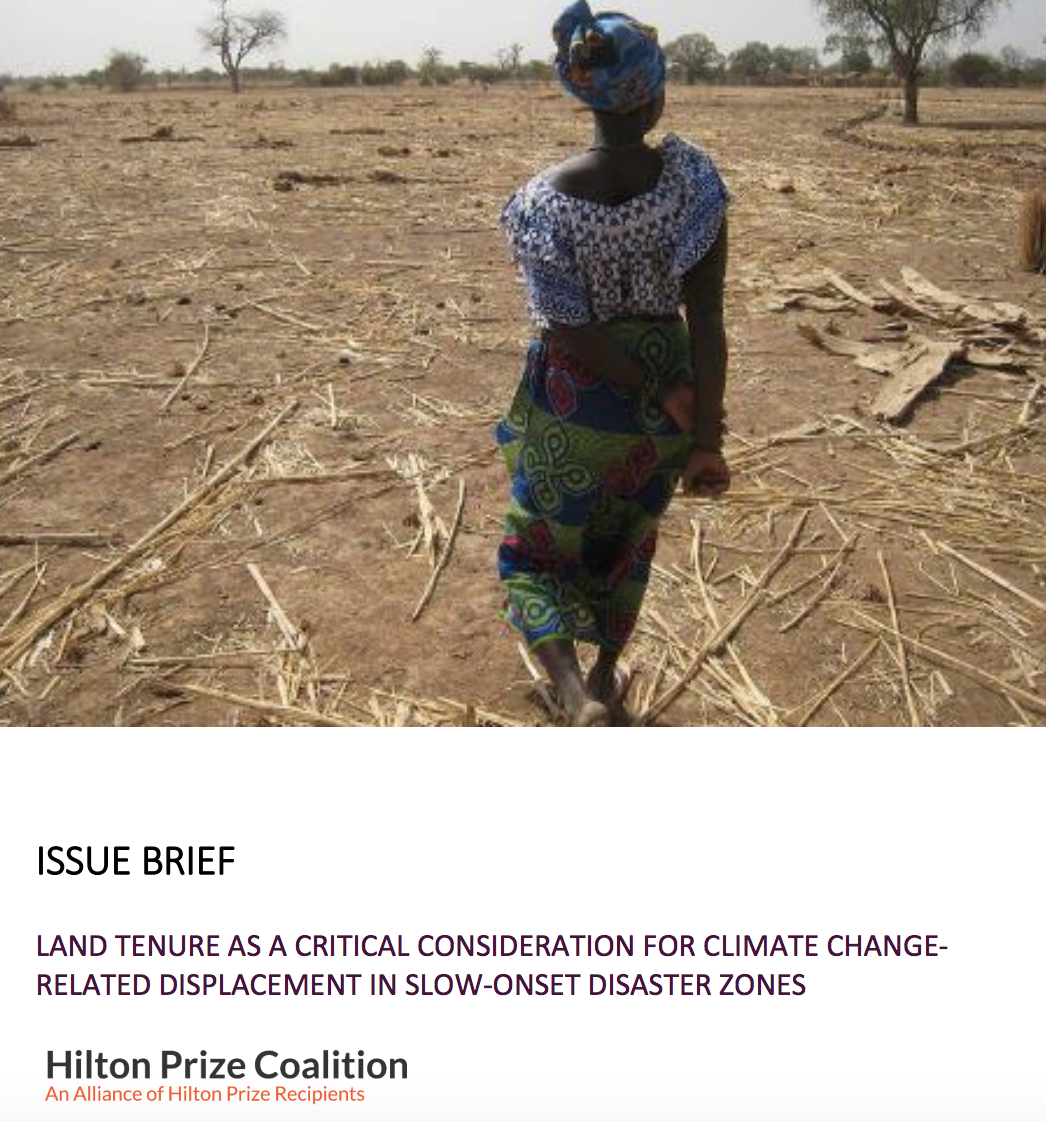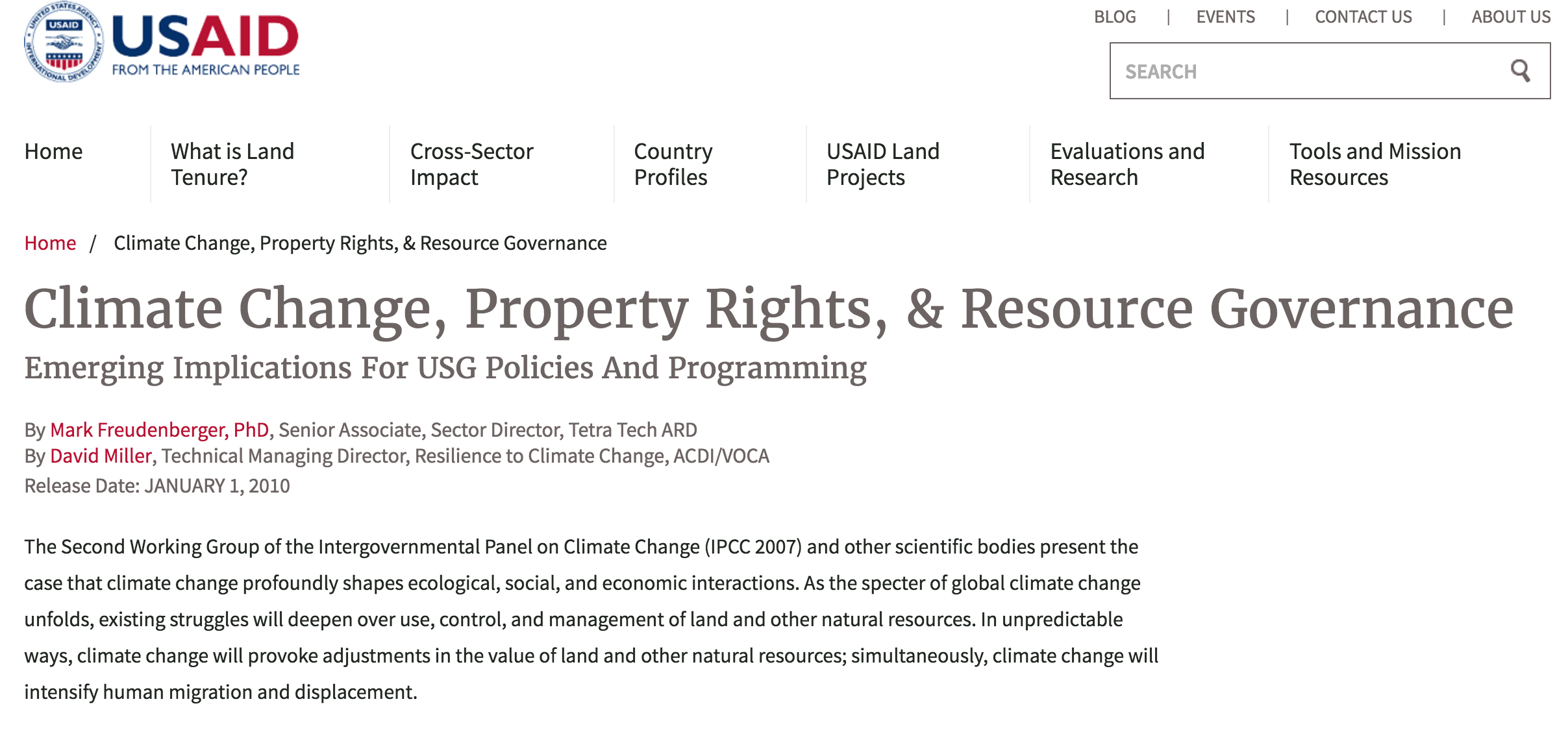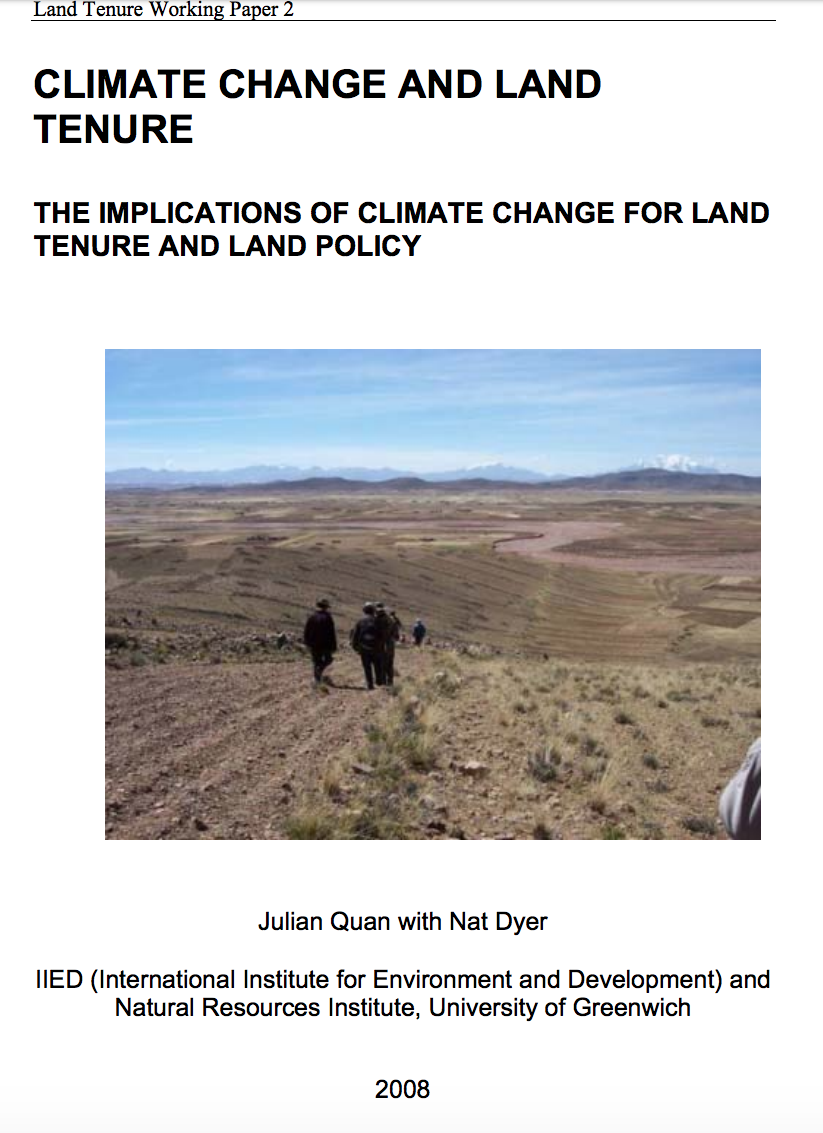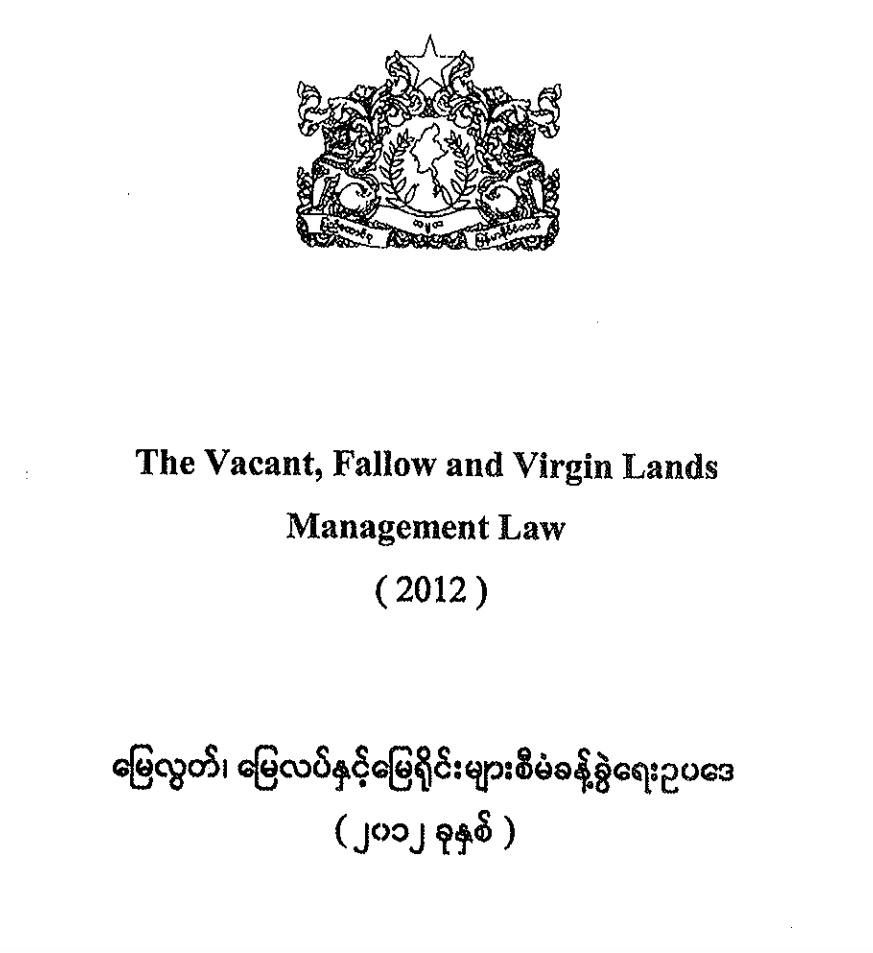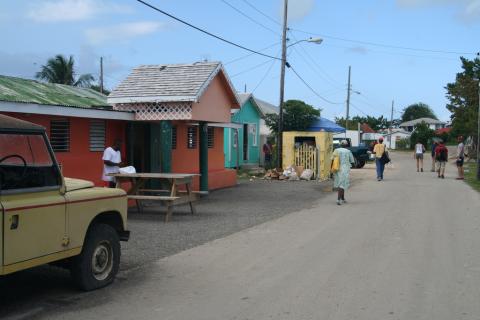Nicholas joined the Land Portal in September 2016 as a Research Analyst. Previously, he worked at the World Resources Institute (WRI), an environmental think tank in Washington D.C. At WRI, he assessed the land tenure security of indigenous and community lands for LandMark, a global platform of community lands. He also examined and wrote about expropriation laws and practices as well as environmental regulatory frameworks for WRI's The Access Initiative. In 2012-2013, Nicholas worked for the Law Reform Commission of Liberia in Monrovia and Oxfam India in New Delhi, where he conducted legal research related to land tenure, local governance, and other issues. He has a B.A.in Economics and Political Studies from Pitzer College and Doctor of Jurisprudence (JD) from Indiana University Maurer School of Law. Currently, he is pursuing at PhD at the University of Groningen Faculty of Law. His dissertation will focus on whether national expropriation, compensation, and resettlement laws in developing countries are adopting international standards designed to secure tenure rights and ensure responsible land governance.
Details
Location
Contributions
Displaying 31 - 40 of 72Improving ways to record tenure rights
This guide is about making the recording or registration of tenure rights more relevant to people who hold those tenure rights, and particularly to people who are currently poorly served by systems to record or register tenure rights. It provides practical advice on ways to improve the recording of tenure rights, including by addressing barriers that prevent people from using recording systems
Creating a system to record tenure rights and first registration
This guide addresses the recording of tenure rights with the particular focus on creating a new system to record rights and recording rights in a system for the first time. It addresses the cases where the most appropriate approach is to create a new system to record those rights, and it provides practical advice on how rights can be recorded for the first time. This guide is accompanied by another guide that focuses on a different aspect of recording tenure rights: improving existing ways to record rights (Improving ways to record tenure rights).
Land Tenure, Climate Change Mitigation and Agriculture
Momentum is building to include agriculture in carbon nancing initiatives, and the stakes are large – for climate change mitigation, for food security and poverty alleviation. For many smallholder farmers, insecure land and resource rights are a barrier to participation in mitigation programmes, but there are ways forward
Land tenure security and poverty reduction
Land is fundamental to the lives of poor rural people. It is a source of food, shelter, income and social identity. Secure access to land reduces vulnerability to hunger and poverty. But for many of the world’s poor rural people in developing countries, access is becoming more tenuous than ever.
Issue Brief: Land Tenure As a Critical Consideration for Climate Change-Related Displacement in Slow-Onset Disaster Zones
As climate change impacts intensify, growing rates of natural disasters cause increasing damage to the lives of people across the globe. Climate change-related disasters include both rapid-onset disasters (such as hurricanes) and slow-onset disasters (such as long-term droughts). Given the urgency of rapidonset disasters, it is unsurprising that governments, multi-lateral organizations, donors and others target a large percentage of resources towards rapid-onset events related to climate change.
Climate Change, Property Rights, & Resource Governance
The Second Working Group of the Intergovernmental Panel on Climate Change (IPCC 2007) and other scientific bodies present the case that climate change profoundly shapes ecological, social, and economic interactions. As the specter of global climate change unfolds, existing struggles will deepen over use, control, and management of land and other natural resources. In unpredictable ways, climate change will provoke adjustments in the value of land and other natural resources; simultaneously, climate change will intensify human migration and displacement.
Climate Change and Land Tenure
This document analyzes the implications for land tenure and land policy of climate change. It assesses the implications of ongoing anthropogenic climate change resulting from greenhouse gas emissions for land tenure and the role that land policy can play in climate change adaptation planning in the developing world; it also sets out a simple framework for tracing the linkages between climate change, impacts on land use systems, and the land tenure implications, including those which result from adaptation and mitigation responses to global warming.
The Vacant, Fallow and Virgin Lands Management Law
This Law shall be called the Vacant, Fallow, Virgin Lands Management Law.
World Bank Support for Open Data 2012-2017
This report summarizes the World Bank’s activities to support the Open Data efforts of developing countries during the period 2012 - 2017. It is largely descriptive, but Chapter 4 includes key analysis and lessons learned. The main objectives of this report are to share information within the World Bank and with its partners and client countries, and to preserve the institutional memory and highlight the lessons learned as a way to improve the development effectiveness of Open Data.


